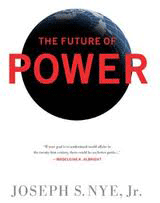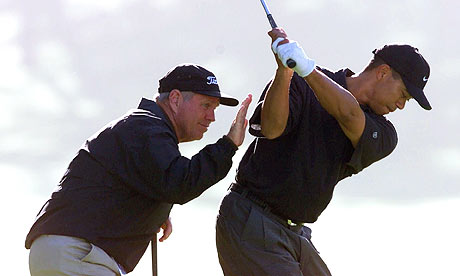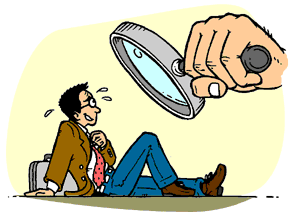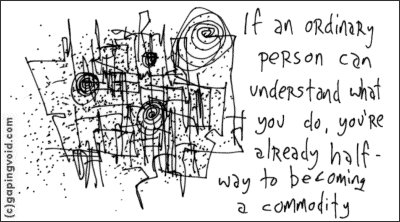Today, in the Fourth Revolution, what is the value chain of human activities like?
At the bottom is manual work. That’s worth almost nothing, because anybody can do it.
Above that is intellectual work, in the sense of processing work (IQ). In the Industrial Age that was the tip of the value chain, because processing capability was scarce. Those who were very good at it were highly paid and regarded. The problem is that now, we have a lot of processing capability available in the form of computers and the like. Its value has melted away.
So what’s next?
Emotional work. Today, it is where the value lies. It is what leaders get paid to do. It is both personal internal emotional work, and exceptional inter-personal work. And that’s the basis of soft power. Power today does not lie in hard facts and logic. Power lies in the soft issues of emotions.
Scary, maybe, because our mindset is geared toward the value of intellectual work. But so real. How much emotional work do you think you are doing? Do more, that’s where the value is. That’s where the difference is. That’s what will make you successful.







